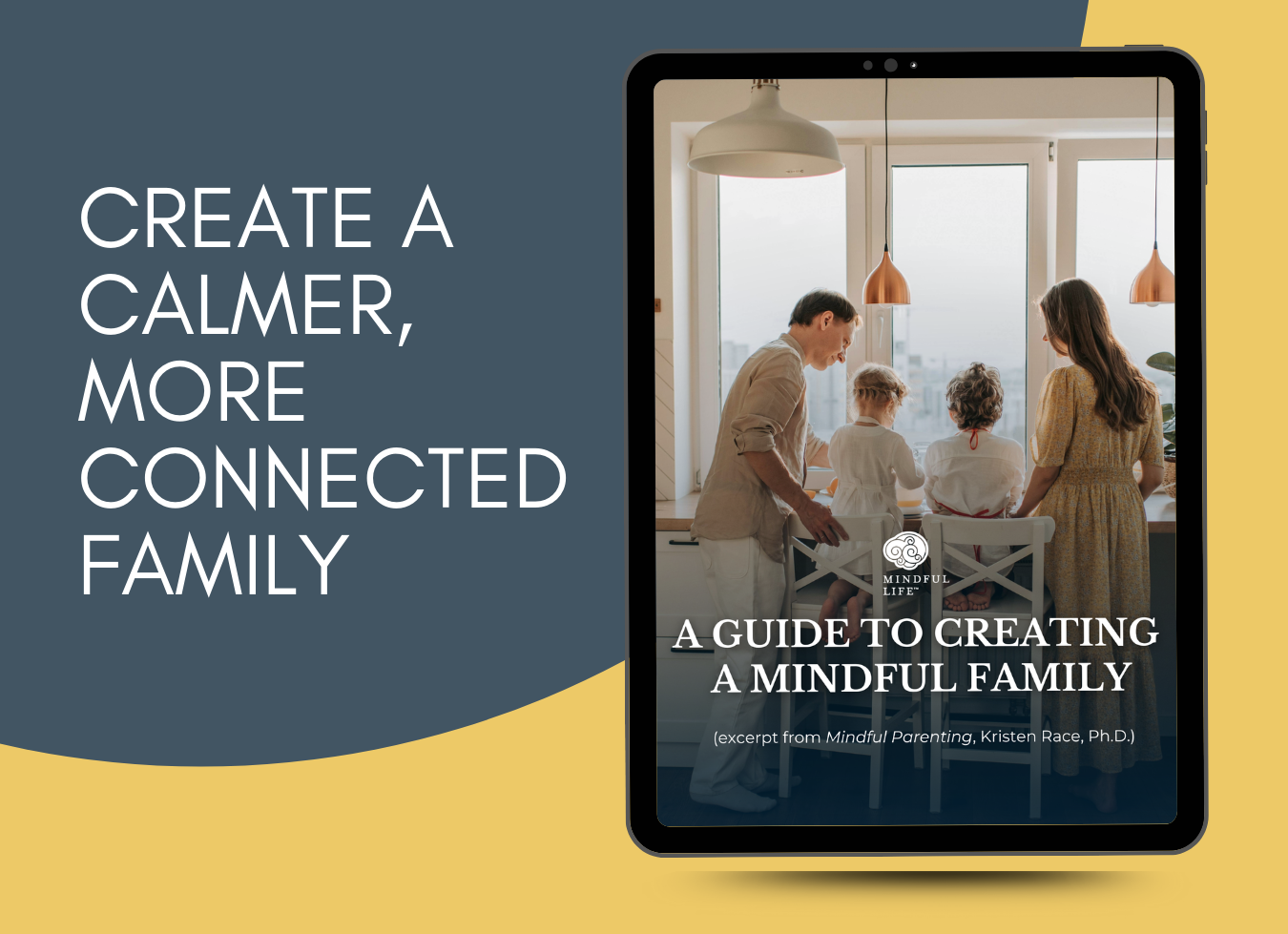How to Cultivate a Growth Mindset in Kids
Mar 12, 2024

We’ve all probably heard of the growth mindset by now. Leading Stanford researcher, Carol Dweck, coined the term several years ago while studying how different kids react to challenges. What came out of the study was the finding that how we praise our kids had a significant impact on their mindset and, subsequently, their academic success.
In her studies, Dweck discovered that students with a fixed mindset (kids who believed that their level of intelligence, talent or aptitude for an activity or subject was something they were born with) gave up easier on tasks, got frustrated more easily and avoided challenges.
In contrast, growth mindset students (kids who believed that intelligence or talent were mere starting points and not as crucial to success as hard work, persistence and perseverance) worked harder, took on more challenges, had significant improvement and, ultimately, performed much more than their fixed mindset counterparts.
The research overwhelmingly showed that the simple act of how we praise our children has a significant impact on their success and fulfillment in life.
Our habit is to focus on the result, rather than the effort and strategies that went into the result.
We praise our child for winning the game, not for the months of deliberate practice that led up to the game day. We congratulate them for acing the test, rather than for the dedication to learning and overcoming obstacles before they sat down for the test.
What if your child’s IQ really is off the charts or they really are exceptionally talented?
When you tell someone that they are brilliant and talented, Dweck says it’s interpreted to: “oh, you think I’m brilliant and talented. That’s why you admire me – that’s why you value me. I better not do anything that will disprove this evaluation.” As a result, they play it safe so they don’t risk failure and prove themselves unworthy of the brilliant and talented title. Playing it safe ends up limiting the growth of their talents.
With a growth mindset a child’s understanding is that they are valued for their ability to take on challenges, to learn from mistakes and to stick with something even when it’s hard. This also creates grit, which has been found to be one of the single biggest predictors of future success — not IQ or talent.
It’s not just about saying, “That’s ok, you did your best.” or “Great job for working so hard.”
Growth mindset is not about pandering to someone in an effort to create “self esteem” nor is it about just praising brute effort.
While effort is one component of process-oriented praise, so is acknowledging their willingness to stretch themselves to overcome challenges, to strategize, to try different approaches, to focus, and to not give up too soon.
How do you cultivate a growth mindset?
1. FIND REPLACEMENTS FOR A FEW OF YOUR FIXED MINDSET STATEMENTS
Pick two replacement process-oriented praise statements and start using those instead of habitual outcome-oriented praise. Dweck suggests saying: “when you learn how to do a new kind of math problem, it grows your math brain” instead of saying something like, “not everybody is good at math, just do your best.”
2. DON’T SAY, “DON’T WORRY, YOU’LL GET IT IF YOU JUST KEEP TRYING”
Unproductive effort can be frustrating. Praise the person for trying different strategies, not just banging their head against the wall with one that isn’t working.
3. ADD IN: NOT YET
Instead of giving out sub par grades, a university used the growth mindset and instead gave the grade of “Not Yet”. This subtle shift in language showed that the students had the potential to master the concepts, they just hadn’t done so YET. If you hear yourself saying something like “I’m not a math person”, just add the word “yet” to the sentence. Role model this for your kids so that they understand that our personality traits aren’t fixed and that we all have the ability to learn, grow and change.
Mindfulness can help us be more aware of our own fixed mindset and then we can make a conscious effort to begin to change it.
Perfectionism is not the point. Our kids’ brains grow more when they get the answer wrong than when they get the answer right – the same goes for us, too! Our fixed mindset will creep back in, and that’s ok. Learning from our mistakes is part of the growth mindset, beating ourselves up when we make mistakes is not.

